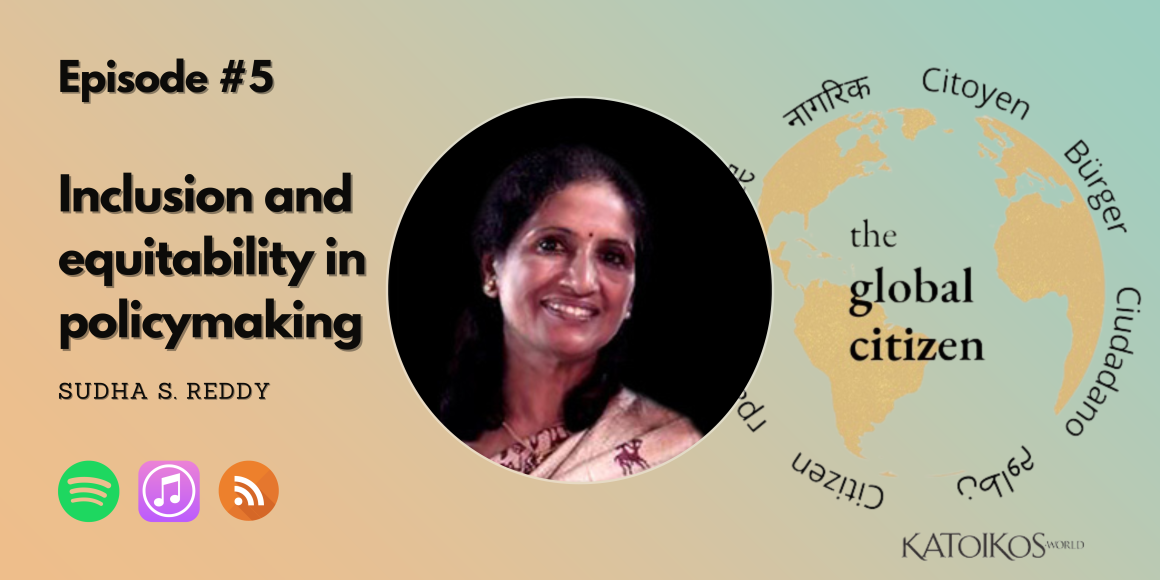Policymaking is the art of rules. Handled correctly, it can be an incredible tool that has allowed us to organize ourselves in cells of millions (sometimes billions!) of people, as it orchestrates the rules of the game, ensuring a society with well-oiled gears and robust functions. However, if mismanaged, the policy can be a major driver of exploitation, inequity, and injustice.
Today, Sudha Reddy was kind enough to join me on the podcast to talk all about policy from the unique perspective of India, which serves as a great example of how extreme centralization and top-down solutions can lead to misguided decisions from policymakers. Our conversation revolved around the relationship between the local level, the grassroots level, and the top levels of governance, from local and regional governments to international bodies like the UN. India’s power structure is deeply characterized by these bottom-up and top-down dynamics, as it is a massive country in terms of population with many different levels of government, from the local and regional governments up to the centralized power that resides with the government in New Delhi.
So: how does one create effective and equitable policy within this context? Are all groups treated equally in the policymaking process, or is there preferential treatment? How could we ensure that people actively take part in making the decisions that affect them?
Sudha was kind enough to join me on the podcast to help me shed some light on these questions. She is the Founder and Director of the Eco Foundation for Sustainable Alternatives (EFSA) based in Bangalore, India, focusing on the holistic empowerment and sustainable development of the underprivileged and marginalized rural, urban and indigenous communities, with an emphasis on women, children and youth at the grassroots through direct intervention. She has more than 25 years of experience in social action and the development sector in India and worldwide, academic research and teaching on capacity building and organizational development, advocacy, and campaigning. Sudha is passionately striving for sustainable alternative models of governance, gender, environmental and social justice, eco-spirituality, human and nature interconnectedness, rights and responsibilities, and a nonviolent approach to peace and harmony.



